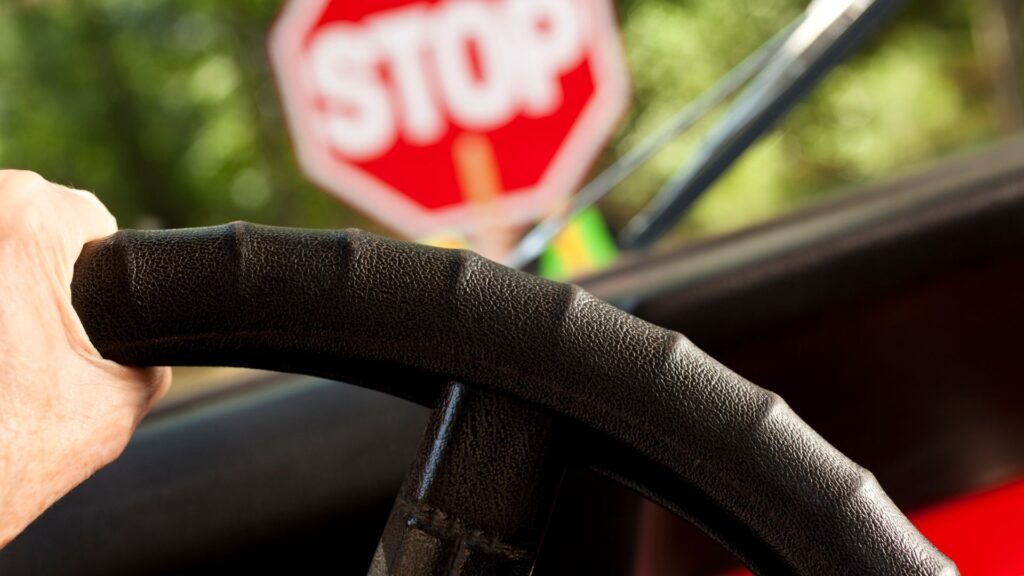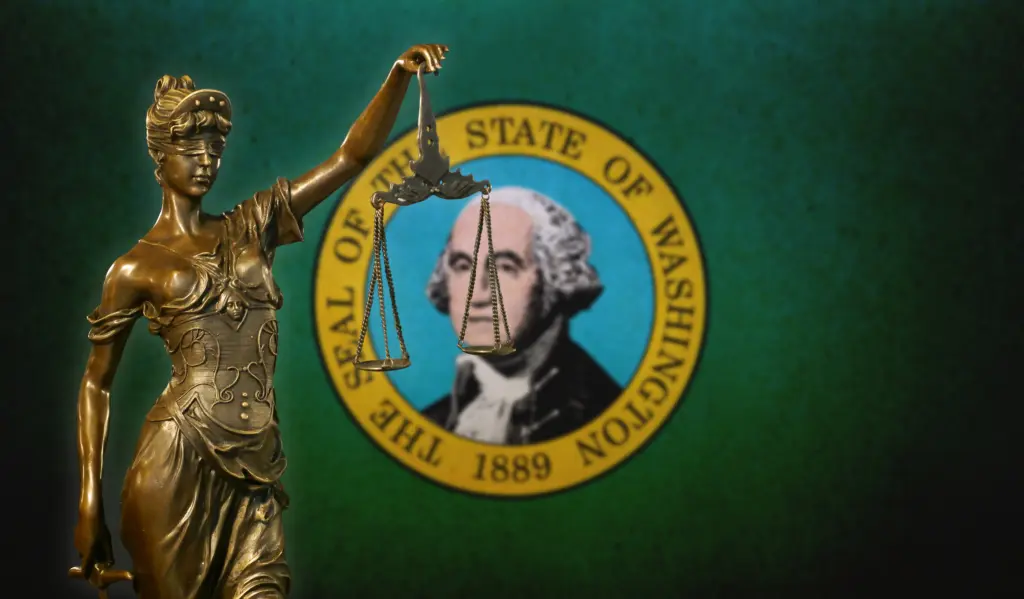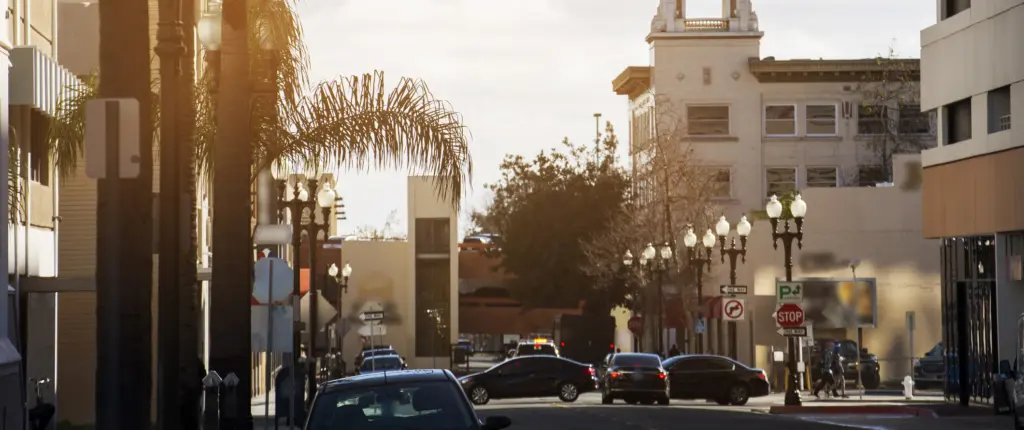In the busy streets of California, it’s not rare to encounter impatience among drivers. Drivers often weave through traffic and occasionally neglect the full stop at stop signs, a maneuver coined as the famous “California Roll.” Not to be confused with the delicious sushi roll seen at most Japanese restaurants, California Rolls on city streets are much more dangerous and can potentially cause a car accident. This raises questions about its legality and consequences, a topic of significant relevance to anyone driving in California.
Have you been affected by a driver’s disregard for stop signs? If so, understanding the legalities and potential repercussions of such actions is crucial, not just for personal safety but also for legal awareness. Let’s dive into what constitutes a rolling stop, the penalties involved, and how it can impact your life.
What is a Rolling Stop?
A rolling stop, or what’s playfully termed as a “California Roll,” occurs when a driver slows down but does not come to a complete halt at a stop sign. Instead of stopping, the vehicle merely rolls through the intersection at a reduced speed. This practice is not only unsafe but also illegal in California, posing risks to pedestrians, cyclists, and other motorists who expect vehicles to stop fully at stop signs.
How Much is a Rolling Stop Ticket in California?
Violating stop sign laws by performing a rolling stop can result in hefty fines by the issuing officer. According to California Vehicle Code § 22450, the section clearly states that “the driver of any vehicle approaching a stop sign at the entrance to, or within, an intersection shall stop at a limit line, if marked, otherwise before entering the crosswalk on the near side of the intersection.”
Which means, if you’re cited for a rolling stop, you can expect the base fine to be around $200 plus added court fees. The exact amount can vary based on the county, the driver’s record, and whether it’s a repeat offense. Additionally, expect to receive a point on your driving record for this violation, however, bear in mind that accumulating four points within a calendar year will result in the suspension of your driver’s license.
Does My Car Insurance Go Up from a Rolling Stop Ticket?
Receiving a ticket for a rolling stop can potentially affect your car insurance rates. As insurance companies view traffic violations as indicators of risky driving behavior, a rolling stop ticket suggests to them that you are more likely to be involved in an accident or commit some other traffic infraction in the future.
Consequently, to offset this perceived risk, insurance providers would increase your premiums and while the extent of the rate hike can depend on your driving history, the insurance company’s policies, and the specifics of your coverage, it will surely be significant enough to affect your finances. However, there are ways to prevent this from occurring should you get ticketed for a rolling stop.
How Do I Remove a Ticket From My Driving Record in California?
In order to remove a rolling stop ticket from your driving record, there are two options you can take, either fight the ticket or pay the ticket and take driving school. If you choose to fight the ticket, you would need to go to court and plead not guilty. However, this would require you to gather evidence and to draft a compelling argument on why the ticket is unwarranted, depending on the nature of the ticket you may need to possibly hire an attorney to represent you in this matter. If you win, you would be able to have the ticket be dismissed and that would be the end of it.
On the other hand, if you choose to pay the ticket and take driving school, you would be able to enroll and complete a state-approved traffic school either online or in-person. Once you have completed the course, you would need to notify the court about it and in doing so will prevent the ticket from being reported to your insurance company and keep points off your driving record. However, the violation will remain on your driving record for about three years, so it is important to be mindful and properly follow traffic rules and regulations.
It is important to note, that the traffic school option is only eligible once every 18 months, should you receive another traffic violation within that time frame, you will not be able to enroll in traffic school and you would be forced to take a point onto your record and your car insurance provider will be notified.
What To Do If You Received a Rolling Stop Ticket?
Navigating CA roadways requires compliance to laws designed to protect everyone. While the “California Roll” might seem like a harmless way to save a few seconds, the legal and financial repercussions are far from insignificant. More importantly, adhering to stop sign laws prevents accidents and saves lives.
However, if you believe you are subjected to an unlawful traffic stop and would like to seek legal representation of the matter, contact us today by calling (213) 927-3700 or filling our contact form to schedule a FREE consultation with our compassionate and talented legal team.












































































